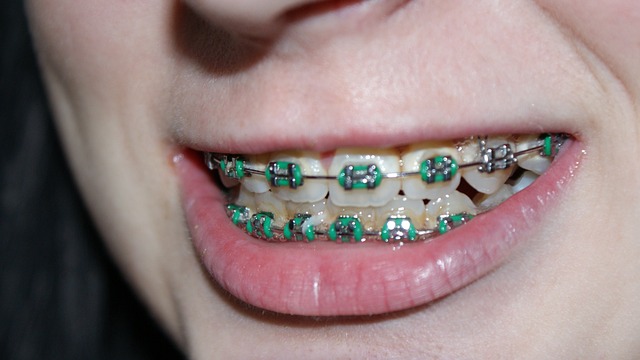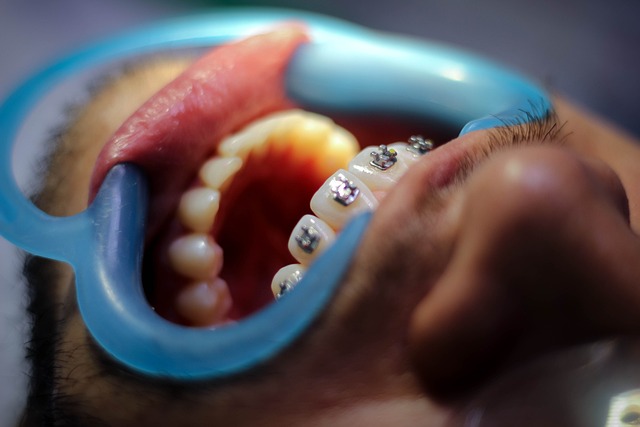When it comes to replacing missing teeth, the options can be overwhelming. From dentures to bridges, each solution has its pros and cons. However, one option stands out for its remarkable benefits: dental implants. These innovative restorations restore your smile and enhance your quality of life in ways you might not expect. Dentist in Marlow have been providing high-quality dental implant treatment for years, which makes them a top choice for patients seeking tooth replacement options. Here, let’s dive into why choosing dental implants is a game-changer for tooth replacement.
Natural Appearance
 One of the most striking features of dental implants is their natural appearance. Unlike traditional dentures or bridges, which can often look artificial, implants are designed to blend seamlessly with your existing teeth. The crowns used in dental implants are custom-made to match your tooth color and shape. This attention to detail ensures that no one will notice you’ve had work done.
One of the most striking features of dental implants is their natural appearance. Unlike traditional dentures or bridges, which can often look artificial, implants are designed to blend seamlessly with your existing teeth. The crowns used in dental implants are custom-made to match your tooth color and shape. This attention to detail ensures that no one will notice you’ve had work done.
Moreover, dental implants feel more like real teeth since they’re embedded directly into the jawbone, you can smile confidently without worrying about shifting prosthetics or awkward moments.
Durability and Longevity
Dental implants are designed to last. Unlike other tooth replacement options, which may require frequent adjustments or replacements, implants can endure for many years with proper care. These fixtures are typically made from titanium, a strong and biocompatible material. This means they integrate well with your jawbone, providing stability and resilience against everyday wear and tear. Regular maintenance plays a crucial role in their longevity. With good oral hygiene habits—like brushing, flossing, and routine dental check-ups—you can help ensure your implants remain in excellent condition. Many patients enjoy the lasting benefits of dental implants for 10 years or more, often extending beyond two decades.
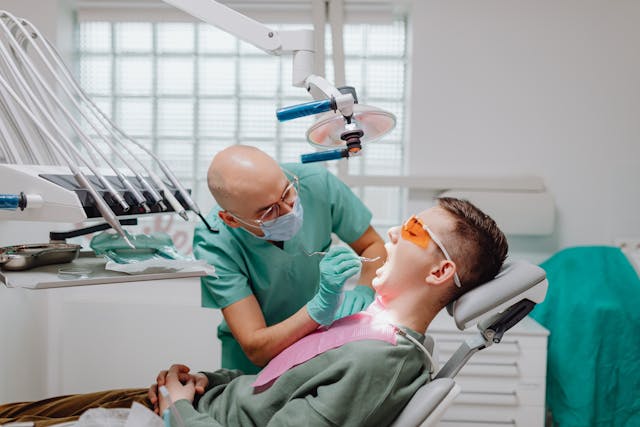
Improved Functionality
Dental implants offer remarkable functionality, closely mimicking the natural tooth structure. Unlike dentures, which can slip or shift during daily activities, implants remain securely anchored in place. This stability allows for a more confident bite. Eating your favorite foods no longer feels like a daunting task. With dental implants, you can enjoy crunchy apples and chewy steak without worry. Their strength means you’ll have full access to various textures and flavors. Moreover, speaking becomes effortless as well.
Bone Health
 Dental implants play a crucial role in maintaining bone health after tooth loss. When a tooth is missing, the underlying jawbone can begin to deteriorate. This happens because the natural stimulation from the tooth root is absent. Unlike dentures or bridges, implants are anchored directly into the jawbone. This connection mimics the function of natural teeth, promoting healthy bone growth and density.
Dental implants play a crucial role in maintaining bone health after tooth loss. When a tooth is missing, the underlying jawbone can begin to deteriorate. This happens because the natural stimulation from the tooth root is absent. Unlike dentures or bridges, implants are anchored directly into the jawbone. This connection mimics the function of natural teeth, promoting healthy bone growth and density.
The process encourages new bone tissue formation around the implant. Choosing dental implants helps preserve facial structure as well. Choosing the right tooth replacement option can significantly impact your oral health, appearance, and overall quality of life. Dental implants stand out for their natural look and feel, making them an excellent choice for those seeking a seamless smile. Their durability means that with proper care, they can last many years—often even a lifetime. If you’re considering replacing missing teeth, dental implants offer numerous benefits catering to aesthetic and functional needs. They truly represent a long-term investment in your oral health and well-being.…


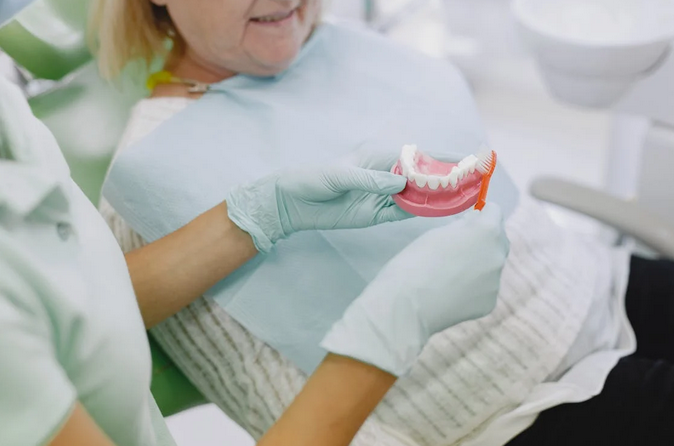

 Professional teeth cleaning is one of the most fundamental services dental hygienists provide. Daily brushing and flossing can’t remove all the plaque and tartar accumulating on your teeth, especially in hard-to-reach areas. Hygienists use specialized tools to eliminate this buildup, which can help prevent cavities, gum disease, and tooth decay. Regular cleanings also polish the teeth, giving them a brighter, healthier appearance and reducing surface stains caused by food, drinks, or smoking.
Professional teeth cleaning is one of the most fundamental services dental hygienists provide. Daily brushing and flossing can’t remove all the plaque and tartar accumulating on your teeth, especially in hard-to-reach areas. Hygienists use specialized tools to eliminate this buildup, which can help prevent cavities, gum disease, and tooth decay. Regular cleanings also polish the teeth, giving them a brighter, healthier appearance and reducing surface stains caused by food, drinks, or smoking.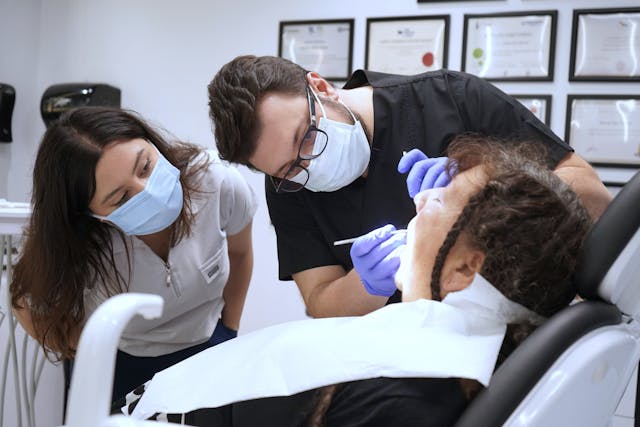
 Dental hygienists can help restore your teeth’s natural brightness by removing surface stains that develop over time. Using professional tools and techniques, they can eliminate discoloration caused by coffee, tea, red wine, and smoking. While not the same as teeth whitening treatments, this service can significantly improve the appearance of your smile and boost your confidence.
Dental hygienists can help restore your teeth’s natural brightness by removing surface stains that develop over time. Using professional tools and techniques, they can eliminate discoloration caused by coffee, tea, red wine, and smoking. While not the same as teeth whitening treatments, this service can significantly improve the appearance of your smile and boost your confidence.


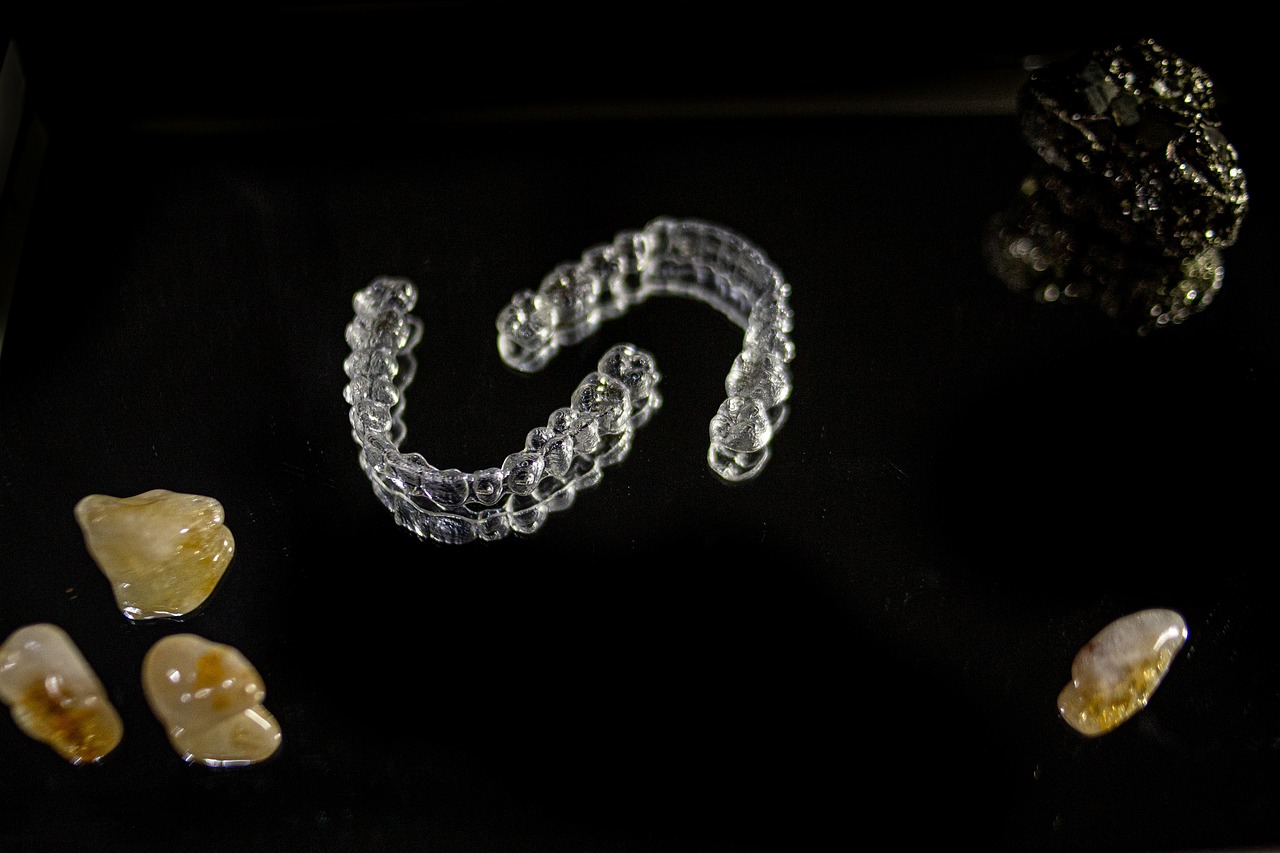
 Let’s start by understanding the fundamentals of Invisalign and traditional braces. Traditional braces consist of metal brackets affixed to the teeth, connected by wires, and adjusted periodically by the orthodontist to gradually shift teeth into alignment. In contrast, Invisalign utilizes a series of clear, removable aligners that are custom-made to fit snugly over the teeth and exert gentle pressure to guide them into the proper position.
Let’s start by understanding the fundamentals of Invisalign and traditional braces. Traditional braces consist of metal brackets affixed to the teeth, connected by wires, and adjusted periodically by the orthodontist to gradually shift teeth into alignment. In contrast, Invisalign utilizes a series of clear, removable aligners that are custom-made to fit snugly over the teeth and exert gentle pressure to guide them into the proper position.